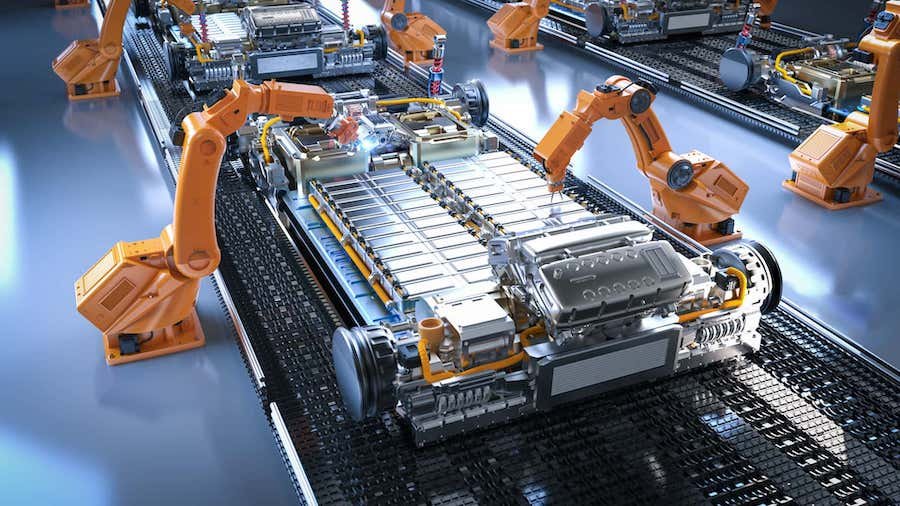Report: EV batteries have become significantly cheaper over the past decade-plus

Batteries are one of the most expensive components of new EVs, driving much of their purchase price. Though pricey, the costs of EV battery packs are declining, and recent data in Energy.gov’s Fact of the Week (FotW) shows that they are just a fraction of the price they were years ago.
In 2008, EV batteries cost an average of $1,415 per kWh, a significant expense, but that price has fallen dramatically since then. In 2023, the average cost was just $139 per kWh, more than 90 percent less than the 2008 totals. Prices fell the fastest between 2009 and 2013 and have been on a relatively steady downward track in the years since.
Part of the price decline is related to engineering and technology improvements over the years, as many automakers have leaned into alternative battery chemistries that cost less to refine and produce while offering a comparable range to traditional lithium-ion units. The batteries could be sodium-ion, zinc-based, iron-air, or other.
That said, Energy.gov provided the same data using a constant value of the dollar throughout the time period. Looking at the chart through the lens of 2023’s dollar values only, the price declines look slightly less dramatic. Adjusted to 2023’s values, the price of an EV battery was around $1,000 in 2008.
A drop in battery prices is helpful for everyone, especially buyers, as EVs remain more expensive than their gas counterparts on average. Many analysts expect the prices to fall further, bringing EV costs closer in line with gas models.
Even so, the trend line might buck upward a bit with the introduction of solid-state batteries in the coming years. Though they are lighter, more energy-dense, and safer, the new battery designs have taken years to develop and are expensive, which will likely lead automakers to hold onto elevated prices to cover their costs.

Nouvelles connexes


